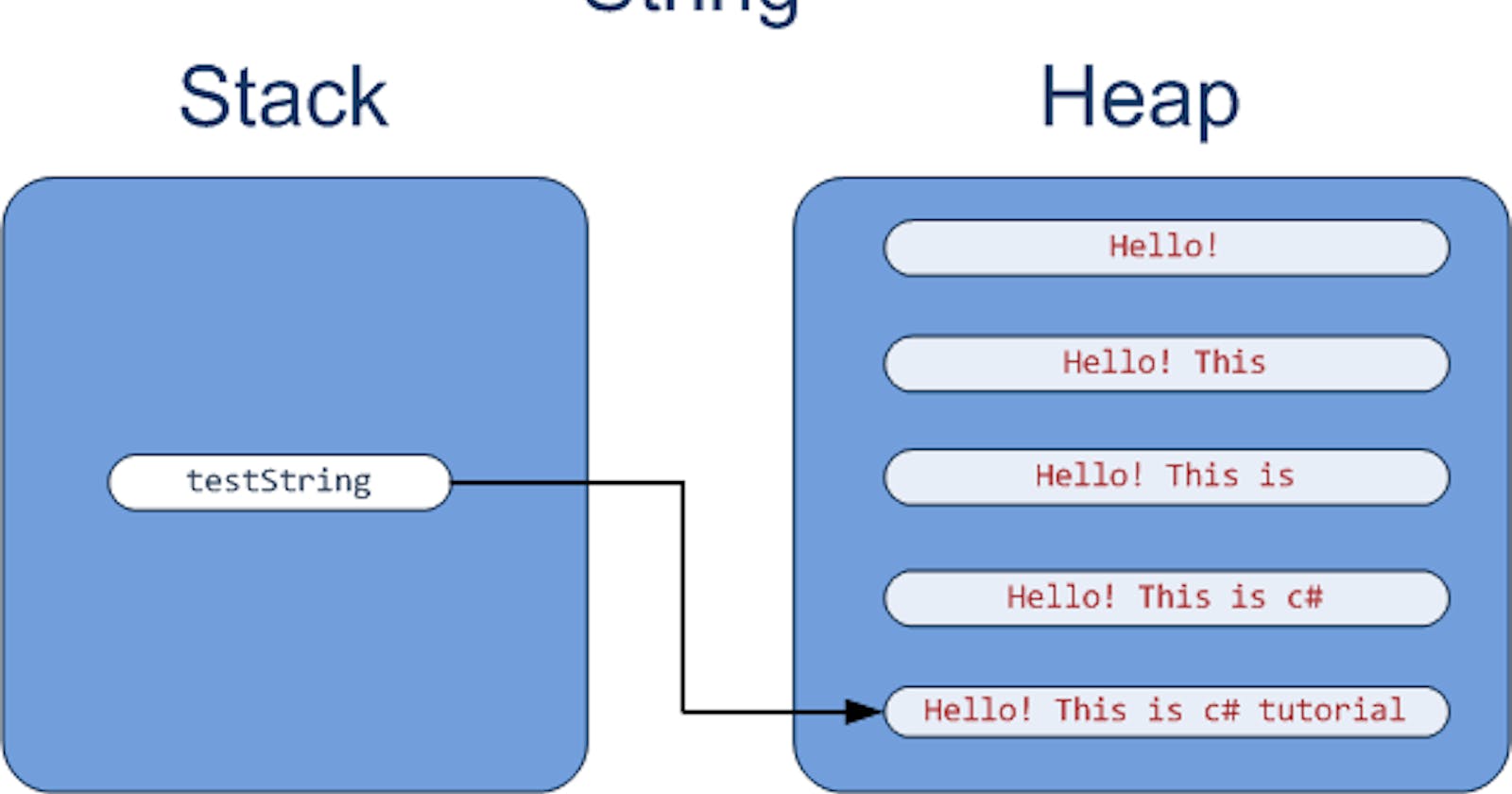What is Immutability?
In programming, immutability refers to the inability to change or modify an object once it has been created. This means that the value of an immutable object cannot be altered after it has been initialized. Immutable objects are useful in scenarios where it is important to ensure that the value of an object remains constant and cannot be modified by mistake or malicious intent.
Why is String Immutable in C#?
In C#, the string type is immutable, which means that once a string object has been created, its value cannot be changed. This immutability has several benefits and is an important aspect of the string type in C#.
One reason for the immutability of strings in C# is to ensure thread safety. When working with multiple threads, it is important to ensure that data is not modified by one thread while it is being accessed by another. By making strings immutable, it is ensured that the value of a string cannot be modified by another thread, which helps to prevent race conditions and other synchronization issues.
Another reason for the immutability of strings in C# is to improve performance. Since strings are often used to store large amounts of data, allowing them to be modified can lead to significant overhead and inefficiencies. By making strings immutable, C# can optimize the way they are stored and managed, resulting in faster and more efficient code.
How is String Implemented as Immutable in C#?
In C#, strings are implemented as reference types, which means that they are stored on the heap and accessed via a reference. When a string is created, it is stored in a read-only memory region and the reference to the string points to this location. Any time the string is modified, a new string object is created and the reference is updated to point to the new object. This ensures that the original string is never modified, making it immutable.
One consequence of this implementation is that strings in C# are not suitable for use in high-performance scenarios where data needs to be modified frequently. For such cases, it is better to use a mutable data type such as a character array or a StringBuilder object.
Examples of String Immutability in C
Here is an example of how the immutability of strings in C# can be demonstrated:
string str1 = "Hello";
string str2 = str1;
str1 = "World";
Console.WriteLine(str1); // Outputs "World"
console.WriteLine(str2); // Outputs "Hello"
In this example, we create a string str1 with the value "Hello" and assign it to a second string str2. We then modify str1 by assigning it a new value "World". When we print the values of both str1 and str2, we see that str1 has been successfully modified, but str2 retains its original value of "Hello". This demonstrates the immutability of strings in C#, as the original string object created for str1 has not been modified, but a new string object has been created to store the modified value.
Here is another example of how the immutability of strings in C# can be demonstrated:
string str = "Hello";
str = str.ToUpper();
console.WriteLine(str); // Outputs "HELLO"
In this example, we create a string str with the value "Hello" and then use the ToUpper method to convert it to uppercase. When we print the value of str, we see that it has been successfully modified to "HELLO".
However, it is important to note that the ToUpper method does not actually modify the original string object. Instead, it creates a new string object with the modified value and assigns it to str. This means that the original string object with the value "Hello" is still present in memory, but it is no longer accessible and cannot be modified.
This demonstrates the immutability of strings in C#, as the original string object is not modified, but a new string object is created to store the modified value.
Conclusion
The immutability of strings in C# is an important feature that helps to ensure thread safety and improve performance. While it may not always be the most suitable data type for every situation, the string type is widely used in C# due to its simplicity and ease of use. So, we should be careful while using string data type in our program.
